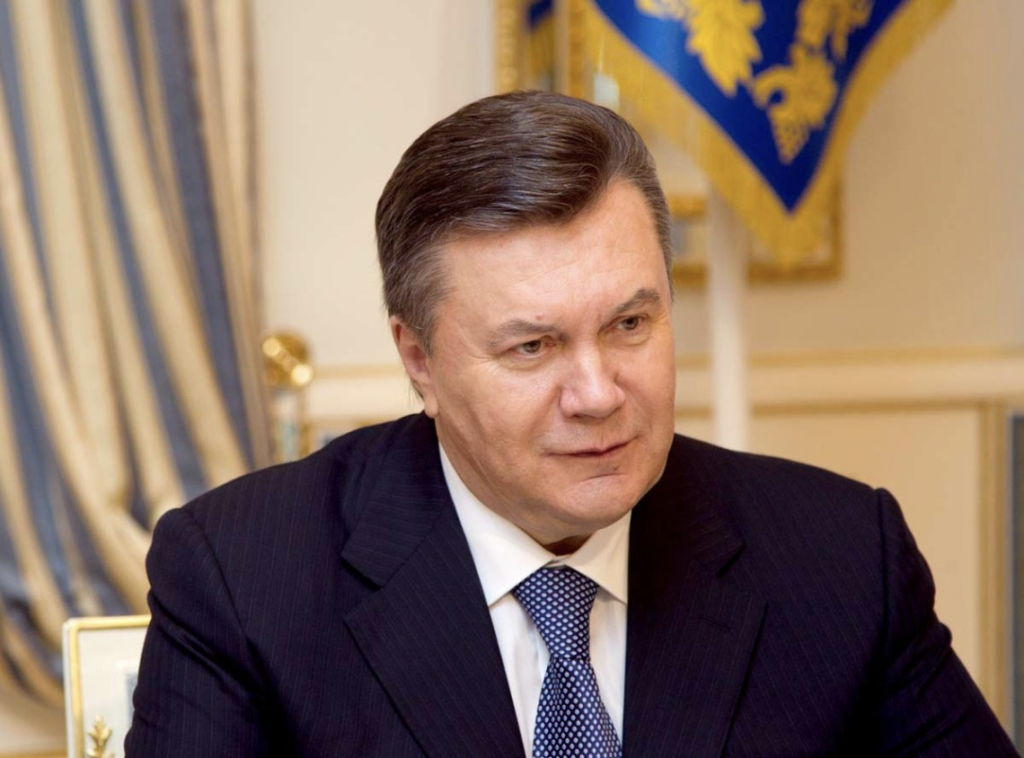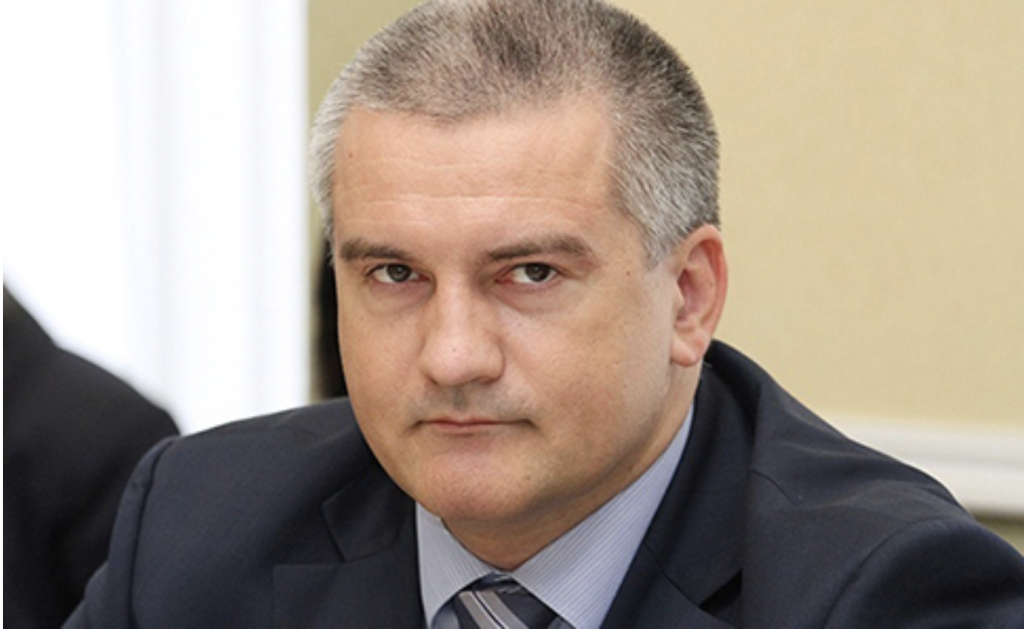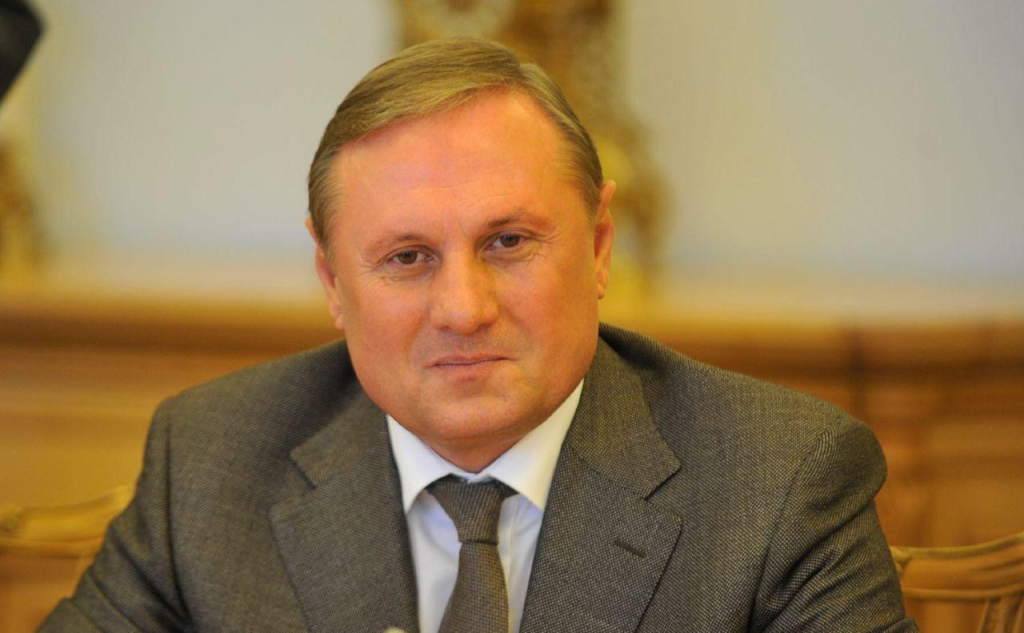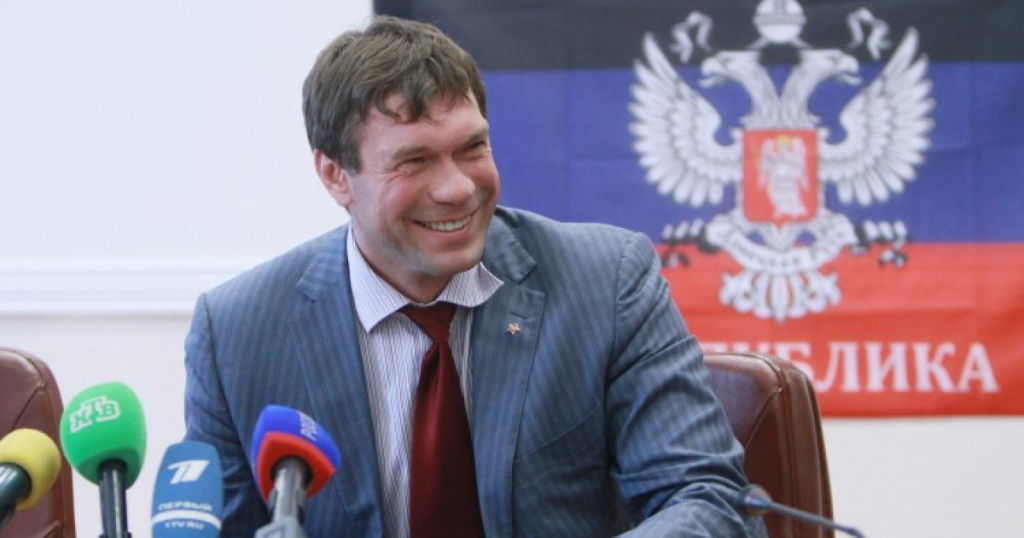Top 5 Ukrainian politicians convicted of high treason after the start of the war
15 April 2024 16:24
February and March 2024 marked the 10th anniversary of the start of the Russian-Ukrainian war and the occupation of Crimea, as well as the second anniversary of the full-scale Russian invasion. This period is full of very difficult and emotional historical events for Ukraine and its citizens. The war became possible, in part, because of traitorous politicians in Ukraine who, regardless of their status and wealth, collaborated with the aggressor, jeopardising the security of their own country.
Komersant Ukrayinsky ![]() has compiled its own top list of the most high-profile cases in the period from 2014 to 2024, which have already gone down in the history of Ukrainian political life and justice and have been covered hundreds of times by the foreign press.
has compiled its own top list of the most high-profile cases in the period from 2014 to 2024, which have already gone down in the history of Ukrainian political life and justice and have been covered hundreds of times by the foreign press.
The sample is based on three key features of a Ukrainian statesman:
- held a high position in government for at least 5 years;
- fled to Russia with the outbreak of hostilities;
- convicted under Article 111 of the Criminal Code of Ukraine (high treason).
Viktor Yanukovych, Prime Minister and later fugitive President

Convicted of treason and suspected of a number of other serious crimes. He is still hiding from the investigation.
Background. The Ukrainian people were interested in signing an association agreement with the EU, but the government under President Viktor Yanukovych rejected this course in late 2013. Corruption and lawlessness also hindered the country’s development and deteriorated its socio-economic status. The Euromaidan protests were a violent reaction to the disregard for the interests of society.
Following the bloody events of 20 February 2014, when protesters were shot dead on Instytutska Street in Kyiv, Yanukovych fled the capital on 21 February and then the country.
on 24 January 2019, the Obolonsky District Court of Kyiv ruled to find the former president guilty of high treason (Article 111(1) of the Criminal Code of Ukraine) and aiding and abetting in the conduct of an aggressive war (Article 27(5), Article 437(2) of the Criminal Code of Ukraine).
The trial was held in absentia, without the defendant’s participation. After his escape, Viktor Yanukovych settled in Russia.
Serhiy Aksionov, Member of the Verkhovna Rada of the ARC (2010-2014)

Formerly a member of the Verkhovna Rada of the Autonomous Republic of Crimea, and later the self-proclaimed Prime Minister of the temporarily occupied Crimea and a supporter of the United Russia party. In 2014, he received a Russian passport.
On the territory of Ukraine, Sergey Aksyonov is suspected of committing a number of criminal offences:
- actions aimed at the violent change or overthrow of the constitutional order or the seizure of state power (part 4 of article 28, part 1 of article 109 of the Criminal Code of Ukraine);
- encroachment on the territorial integrity and inviolability of Ukraine (Article 28(4)(3)(110) of the Criminal Code of Ukraine);
- creation, management of a criminal community or criminal organisation, as well as participation in it (Article 255(1) of the Criminal Code of Ukraine);
- terrorist act (Article 27(3), Article 28(4), Article 258(2) of the Criminal Code of Ukraine);
- blocking of transport communications, as well as seizure of a transport enterprise (Article 27(3), Article 28(4), Article 279(2) of the Criminal Code of Ukraine);
- seizure of state or public buildings or structures (Article 27(3)(a)(4)(i) of the Criminal Code of Ukraine, Article 28(4) of the Criminal Code of Ukraine, Article 341).
In 2021, the Kyiv Court of Appeal granted permission to detain Sergiy Aksyonov. To this day, Sergey Aksyonov remains the “head” of the temporarily occupied Republic of Crimea.
Oleksandr Yefremov, Member of Parliament of Ukraine (2006-2014), Head of the Party of Regions faction in the Verkhovna Rada (2010-2014)

Former Party of Regions member Yefremov is accused of a number of crimes, and the investigation insisted that he helped the enemy create the LPR terrorist group in 2014. According to the PGO website, Yefremov is suspected of committing the following criminal offences
- organising the seizure of the building of the Luhansk Regional State Administration (Part 3 of Article 27, Article 341 of the Criminal Code of Ukraine);
- aiding and abetting the seizure of the building of the Security Service of Ukraine Office in Luhansk region (part 5 of Article 27, Article 341 of the Criminal Code of Ukraine);
- committing intentional actions to change the boundaries of the territory and state border of Ukraine (part 3 of Article 110 of the Criminal Code of Ukraine);
- organisational and other assistance to the creation and activities of the terrorist organisation ‘Luhansk people’s republic’ (Article 258-3(1) of the Criminal Code of Ukraine);
- high treason, i.e. an act intentionally committed by a citizen of Ukraine to the detriment of the sovereignty, territorial integrity and inviolability of Ukraine (Article 111(1) of the Criminal Code of Ukraine).
For a long time, Yefremov was in custody, but in July 2019, the Kyiv Court of Appeal changed the measure of restraint to house arrest. With the start of the full-scale invasion, Oleksandr Yefremov left for Russia via Slovakia and has not returned since.
Oleh Tsarev, Member of Parliament of Ukraine of three convocations

The former MP from the Party of Regions was charged in connection with a number of episodes in April-May 2014. At the time, Tsarev publicly called for the overthrow of the legitimate government in Ukraine and the revision of Ukraine’s borders. Moreover, in the same year, Tsarev openly called on Russia to send its “emergency troops” to Ukraine, after which he received a suspicion from the General Prosecutor’s Office.
A few weeks before the full-scale invasion, the British newspaper Financial Times reported, citing a Western intelligence source, that ex-regionalist Oleh Tsarev was being considered by Russia as a possible candidate for the post of head of the occupation administration.
In March 2022, Tsarev was in the Kyiv region with Russian troops. A video with the former MP was published by the propaganda TV channel Russia Today.
In 2023, the Kyiv Court of Appeal found Oleg Tsarev guilty of committing criminal offences under Part 2 of Article 110 (encroachment on the territorial integrity and inviolability of Ukraine) and Part 3 of Article 109 (actions aimed at the violent change or overthrow of the constitutional order or the seizure of state power). The court sentenced him to 12 years’ imprisonment in absentia.
In October 2023, an assassination attempt was made on the former MP in the temporarily occupied Crimea, after which he was taken to intensive care, but survived.
Ilya Kiva, MP

He positioned himself as a pro-Ukrainian politician until he joined the list of collaborators convicted under Article 111 of the Criminal Code of Ukraine – high treason. In 2021, in a video message, he congratulated Vladimir Putin on his birthday, calling him “the true leader of his nation”. “You are indeed the man who has restored your country and your people to their former greatness and respect,” Kiva said.
In March 2022, Ilya Kiva was arrested in absentia and put on the international wanted list. The former MP was charged under several articles, including Article 111 of the Criminal Code. In addition, Kiva faces other charges:
- calls for the violent change and overthrow of the constitutional order and the seizure of state power by a person who is a representative of the authorities (part 3 of Article 109 of the Criminal Code of Ukraine);
- the use of symbols of the communist totalitarian regime by a person who is a representative of the authorities (part 2 of Article 436-1 of the Criminal Code of Ukraine);
- public calls for aggressive war (Article 436 of the Criminal Code of Ukraine).
Ilya Kiva fled Ukraine on 30 January 2022 to the Spanish city of Alicante, and in 2023, a Lviv court found him guilty in absentia on all of the above charges, sentencing him to 14 years’ imprisonment with confiscation of property.
on 6 December 2023, Ilya Kiva was shot dead in the village of Suponevo near Moscow, Odintsovo district.
The author: Lesia Hnativa









